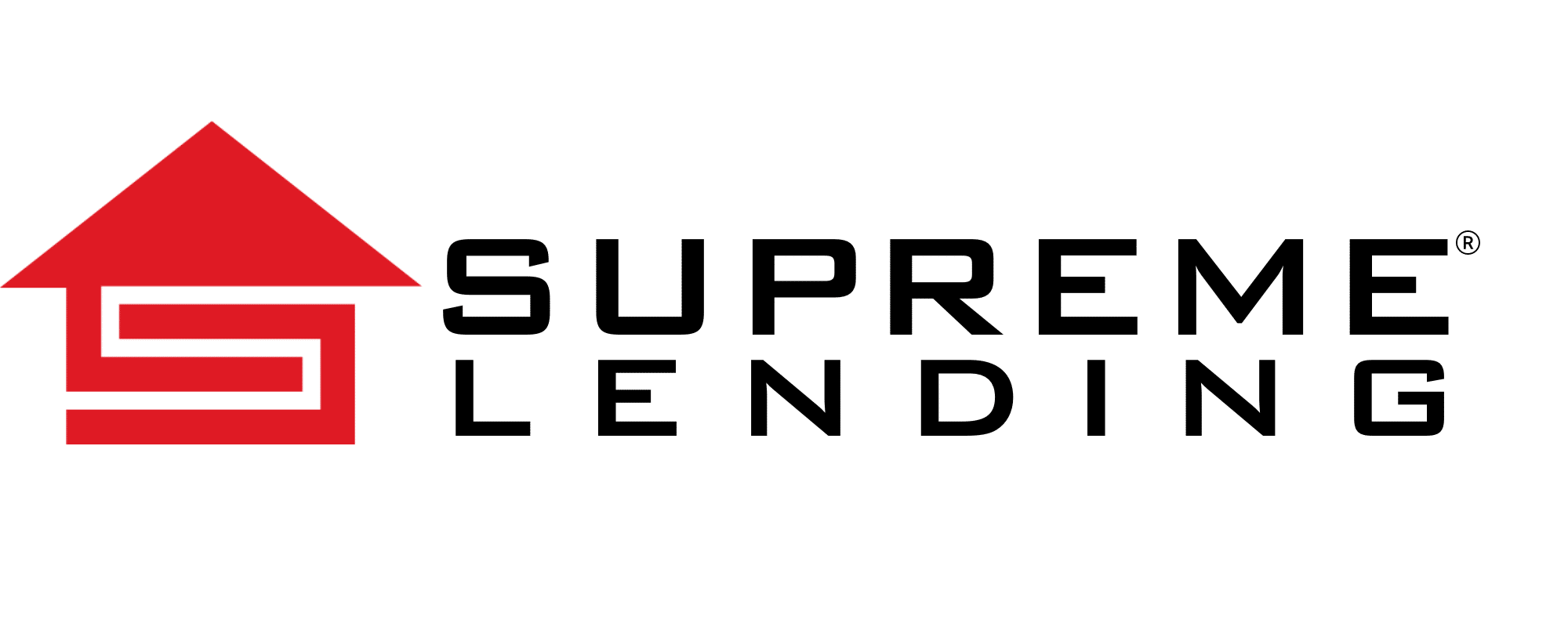Put simply, a cash-out refinance replaces your current mortgage with another loan that:
- Pays out your current mortgage balance.
- Uses your home equity to provide additional funds for additional purposes.
A cash-out refinance is a way to refinance your mortgage, while borrowing money at the same time. You receive a check at closing after you refinance your mortgage. The amount owed on your new mortgage will be greater than your old one by the amount of that check, in addition to any closing costs rolled into the loan.
It’s like you’re “backing up” your mortgage by taking out some of the funds you’ve paid on it and increasing the mortgage principle owed as a result.
Cash-out refinancing is basically the combination of refinancing and a home equity loan. You can borrow the money you need, just like you could with a home equity loan or line of credit (HELOC).
